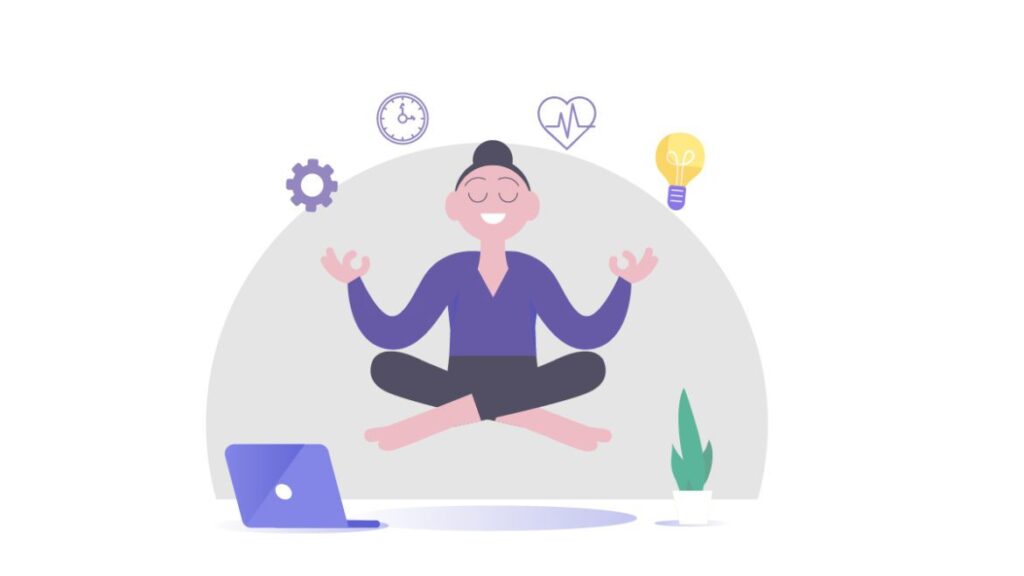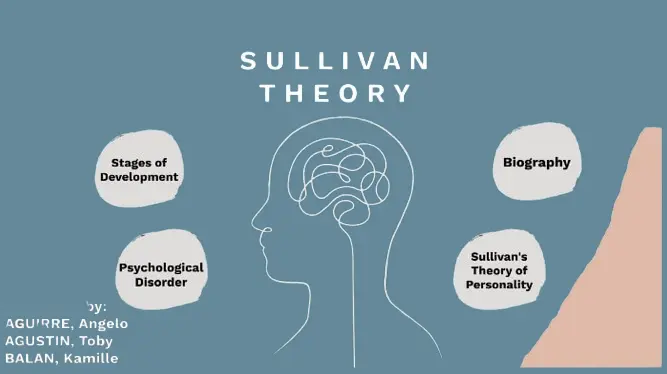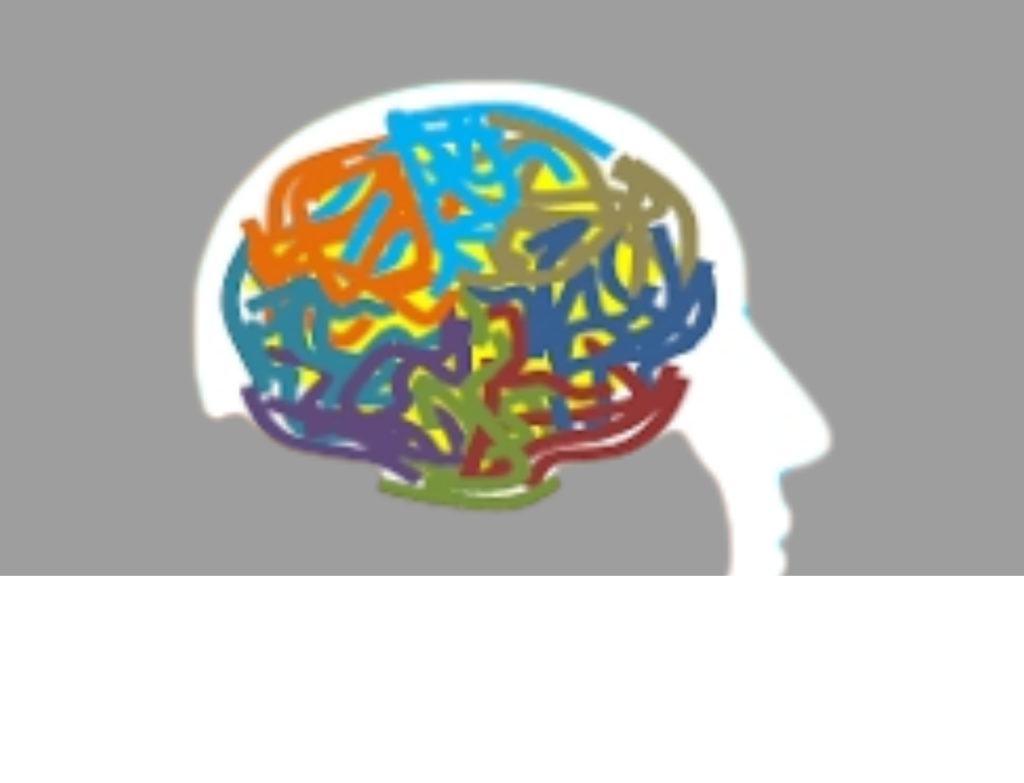In today’s fast-paced world, the importance of mental healthiness is often overlooked. While people regularly focus on physical fitness, mental well-being deserves equal attention. Maintaining good mental health is not just about avoiding disorders—it’s about cultivating emotional resilience, positive habits, and a balanced mindset.

This article explores the meaning of mental healthiness, why it matters, what affects it, and practical ways to nurture it in daily life.
What Is Mental Healthiness?
Mental healthiness refers to a state of well-being in which individuals can cope with the stresses of life, work productively, build meaningful relationships, and contribute to their communities. It involves emotional, psychological, and social well-being.
A mentally healthy person:
- Handles daily stress effectively
- Maintains a positive outlook
- Forms strong interpersonal bonds
- Makes rational decisions
- Understands and manages emotions
Mental healthiness is not the absence of problems—it’s the strength to face challenges with stability, clarity, and emotional intelligence.
Why Mental Healthiness Matters
Without mental healthiness, even the most physically healthy person may struggle to enjoy life fully. Our minds are the center of our experience, affecting how we think, feel, and behave.

Here are a few key reasons why mental healthiness matters:
- It affects your relationships: Good mental health supports empathy, communication, and emotional control—key factors in strong relationships.
- It influences physical health: Stress, anxiety, and depression can lead to fatigue, sleep issues, heart disease, or a weakened immune system.
- It boosts productivity: A clear and focused mind improves concentration, creativity, and decision-making.
- It contributes to a fulfilling life: People with stable mental health are more likely to feel satisfied, grateful, and in control of their lives.
Mental healthiness is a foundation for overall wellness.
Signs of Good Mental Healthiness
Recognizing mental healthiness is just as important as spotting issues. Here are some common indicators of a mentally healthy person:
- Maintains a balanced mood most of the time
- Feels a sense of purpose and meaning in life
- Is resilient during setbacks
- Practices self-compassion
- Maintains good sleep and eating habits
- Has healthy social connections
- Enjoys hobbies and interests
Everyone has moments of sadness or stress. The key is the ability to recover and manage emotions constructively over time.
What Impacts Mental Healthiness?
Mental health is influenced by a wide range of factors—some within our control, and others not. Understanding them helps you make more informed choices.
1. Life Experiences
Trauma, loss, neglect, abuse, or chronic stress can negatively impact mental healthiness. On the flip side, supportive environments can build resilience.
2. Genetics
Some mental health conditions can be hereditary. While genes don’t determine your future, they can make you more susceptible to mental health challenges.
3. Brain Chemistry
Chemical imbalances or irregularities in brain function can contribute to conditions like anxiety or depression.
4. Lifestyle Choices
Habits like poor diet, lack of sleep, substance abuse, and inactivity can significantly reduce mental healthiness.
5. Social Environment
A strong support system, positive work-life balance, and community belonging foster better emotional health.
Habits That Support Mental Healthiness
Building and maintaining mental healthiness is a lifelong journey—but it doesn’t need to be overwhelming. Small, consistent changes can create long-lasting effects.
1. Prioritize Sleep
Good sleep is essential for mood regulation and brain function. Aim for 7–9 hours of restful sleep every night.
2. Stay Physically Active
Exercise releases endorphins and reduces stress hormones. It can be as simple as walking, yoga, or stretching for 30 minutes daily.
3. Eat for Your Brain
Nourish your mind with foods rich in omega-3, antioxidants, and vitamins. Avoid excessive caffeine, sugar, and processed foods.
4. Practice Mindfulness
Mindfulness and meditation help you stay grounded, reduce anxiety, and increase emotional awareness.
5. Set Boundaries
Learning to say no, avoiding toxic relationships, and making time for self-care can protect your peace of mind.
6. Journal Your Thoughts
Writing your thoughts can clarify emotions and offer perspective, helping you manage stress and reflect constructively.
7. Connect with Others
Strong social connections provide emotional support, laughter, and a sense of belonging—key components of mental healthiness.
Managing Stress Effectively
Stress is a part of life, but chronic stress can harm mental healthiness if not addressed.
Tips to manage stress:
- Break tasks into manageable steps
- Take short breaks throughout the day
- Practice deep breathing or progressive muscle relaxation
- Avoid overcommitting
- Schedule fun activities regularly
Managing stress doesn’t eliminate problems, but it changes your ability to respond to them with calm and clarity.
The Link Between Mental and Physical Health
Mental healthiness and physical health are deeply connected. A disturbance in one often affects the other. For example:

- Anxiety can lead to insomnia
- Depression may cause fatigue and body aches
- Chronic illnesses can trigger emotional distress
Taking care of your mind is just as essential as caring for your body. A holistic approach—one that supports both mental and physical well-being—is the key to a balanced, healthy life.
Creating a Mentally Healthy Daily Routine
A consistent daily routine can significantly improve mental healthiness by providing structure and stability.
Here’s an example of a simple, mentally healthy routine:
Morning
- Wake up at a consistent time
- Practice gratitude or affirmations
- Eat a healthy breakfast
- Stretch or go for a walk
Afternoon
- Take short mental breaks while working
- Eat a balanced lunch
- Avoid multitasking—focus on one thing at a time
Evening
- Disconnect from screens at least an hour before bed
- Practice journaling or light reading
- Go to bed at the same time each night
Simple routines like these can have a profound impact on how you feel and function.
Overcoming the Stigma Around Mental Healthiness
Unfortunately, mental health issues are still surrounded by stigma in many parts of the world. This stigma can prevent people from seeking help or speaking openly about their struggles.
To promote mental healthiness:
- Speak positively about emotional well-being
- Support others in their journey
- Normalize seeking help from professionals
- Educate yourself and others on mental health topics
Breaking the stigma is an important step toward a mentally healthier society.
When to Seek Help
Sometimes, even with your best efforts, you may feel overwhelmed or unable to cope. That’s okay—and it’s important to know when to reach out.
Consider seeking professional help if you experience:
- Persistent sadness or hopelessness
- Excessive worry or fear
- Withdrawal from friends and family
- Trouble sleeping or eating
- Loss of interest in activities
- Thoughts of self-harm or suicide
Seeking help is a sign of strength, not weakness. Mental health professionals can provide tools, therapy, and support tailored to your needs.
Conclusion: Embrace Mental Healthiness Daily
Mental healthiness is more than just a buzzword—it’s a lifelong commitment to caring for your inner world. By making mindful choices, nurturing your emotions, managing stress, and building healthy habits, you can create a more balanced and fulfilling life.
Remember:
- Mental health is just as important as physical health.
- You have the power to build resilience and emotional strength.
- It’s okay to ask for support—everyone needs it sometimes.
Take small steps every day toward your mental healthiness, and you’ll see a big difference in your overall well-being. A healthier mind leads to a happier, more empowered life.



